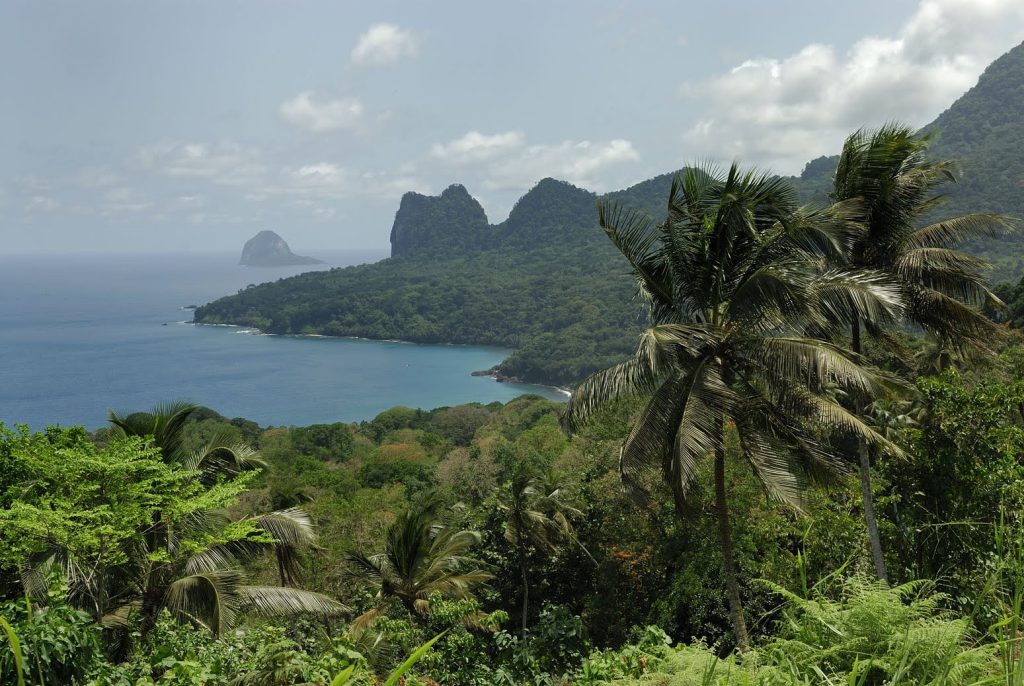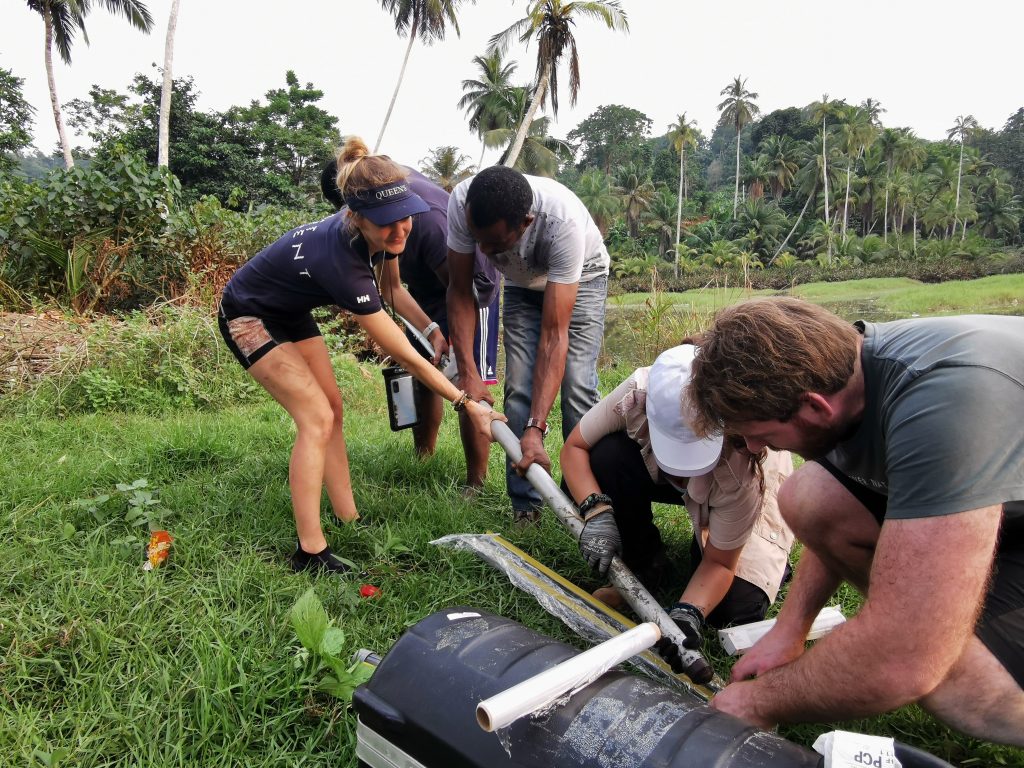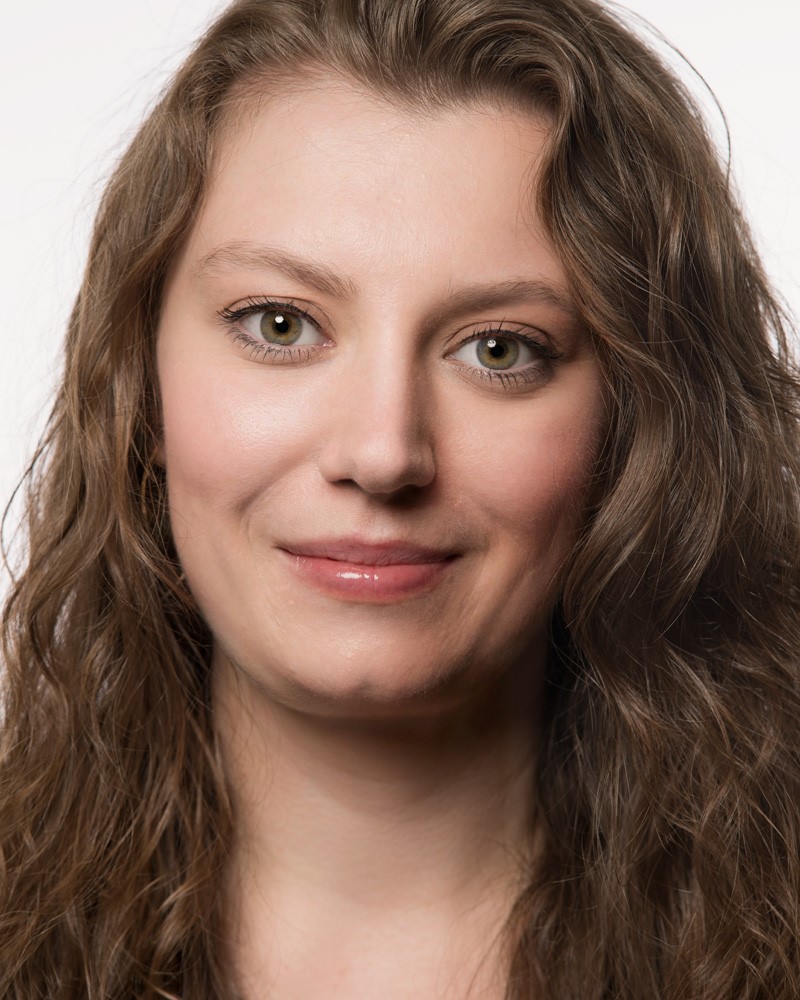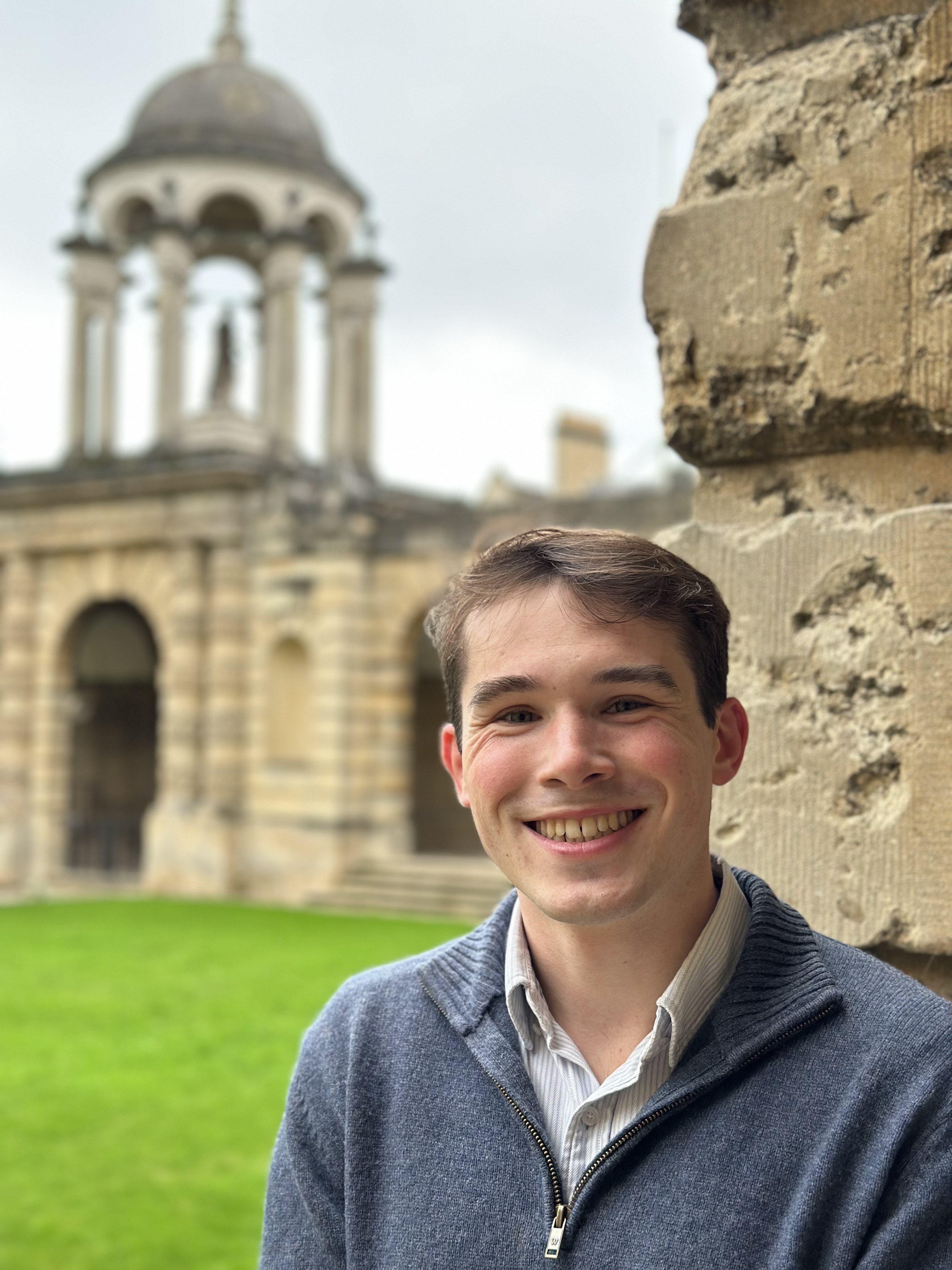Graduate student Denise Swanborn (DPhil in Environmental Research) is currently on the island of Príncipe to examine its ecosystem and provide new insights into environmental change. We asked her to tell us about her expedition.
Can you tell us a bit about your current project and its aims?
We are currently on a four-person University of Oxford expedition to the island of Príncipe, part of the island state of São Tomé and Príncipe off the coast of equatorial West Africa. The research conducted on our expedition aims to understand the island’s environmental history, and contemporary human-environment interactions on the island.
Can you tell us a bit about how your project to study the biodiversity on the small island nation of São Tomé and Príncipe came about?
São Tomé and Príncipe have never been connected to mainland Africa, and their relative isolation have allowed the evolution of endemic species – species that are found nowhere else – much like on the Galapagos islands, which were the basis of Darwin’s Theory of Evolution. Despite their rich and unique biodiversity, with several species found nowhere else in the world, São Tomé and Príncipe remain relatively off the scientific beaten path – especially the smaller island of Príncipe (142 km2). Key knowledge gaps remain about the effect of early human settlement and activity on the islands on its native biodiversity, which may provide valuable lessons for future conservation efforts.
What activities are you undertaking in the field?
To fill knowledge gaps on the environmental history of the island, we take sediment cores from open water bodies that will be analysed upon return from the field. Combined with botanical surveys, these will allow us to build a picture of the state of the environment throughout time by studying changes in vegetation. We also interview local people to understand environmental stewardship practices, empirical environmental knowledge, and oral histories. We will share our findings through a YouTube mini-series and documentary.
Why is this island a good case study for your work?
Príncipe is thought to have been uninhabited until relatively recently, with human settlement only commencing in the late 15th century. It is understood that human arrival on islands can significantly change ecosystems. Although it is known that a large part of the vegetation and agricultural crops grown extensively on Príncipe are non-native, there is no quantitative information on the island’s vegetation before its human colonisation or how human-mediated species introductions have changed these earlier ecosystems. By reconstructing ecosystems of the past, we may be able to find out how human colonisation and settlement influenced biodiversity throughout time.
What outcomes are you hoping for?
We are hoping that the data collected during the expedition will provide new insights into environmental change and human environment interactions, past and present. We also hope that this field season will form the basis for longer term multi-disciplinary collaboration. Through our documentary we further aim to share the story of Príncipe with the world, and inspire others to work towards the sustainable stewardship of their own local environments.
What are the major challenges with the fieldwork?
Working on a type of research that is the first of its kind on the island comes with some unique logistical challenges. To identify appropriate research locations, we need to conduct scoping trips and site surveys to inform our research activities accordingly. Because of the nature of the research, some of these locations are quite remote and not easily accessible, which can be challenging with the large amount of equipment we bring with us. We are grateful for the help of our local partner Hotel Belo Monte to get us and our equipment around the island.
Why is biodiversity under such threat globally?
Biodiversity is under pressure globally from rapid environmental changes. Because of their size and isolation, biodiversity on smaller island nations as São Tomé and Príncipe may be particularly vulnerable to such changes. These include the effects of climate change, such as sea level rise, extreme weather and reduced crop yields, but also direct human activities resulting in the degradation or conversion of ecosystems. Better knowledge of the unique biodiversity of the islands host, and their resilience to change throughout time, will facilitate conservation of these unique ecosystems.
You can follow Denise and her research team on Instagram or via the project website.




